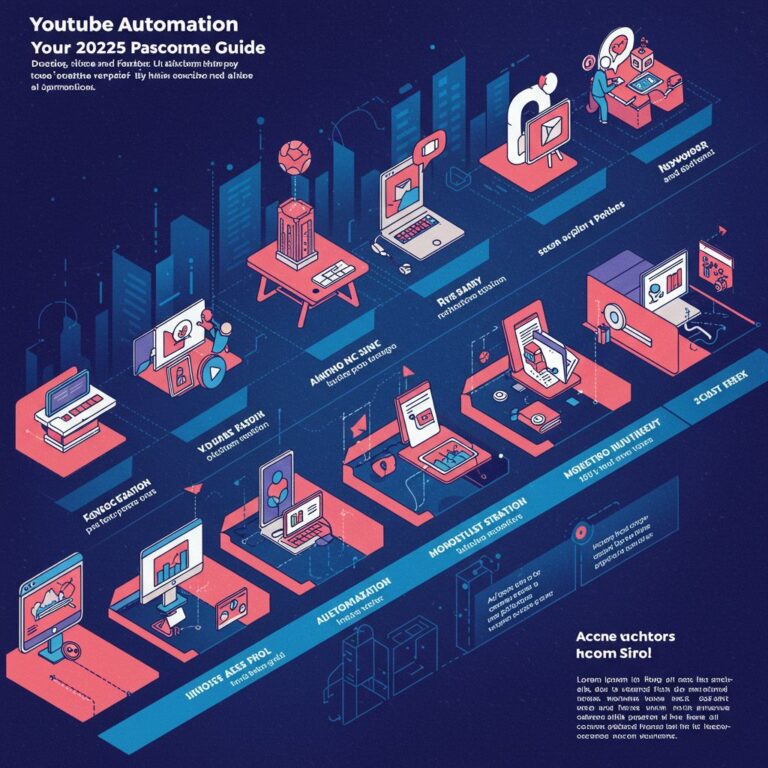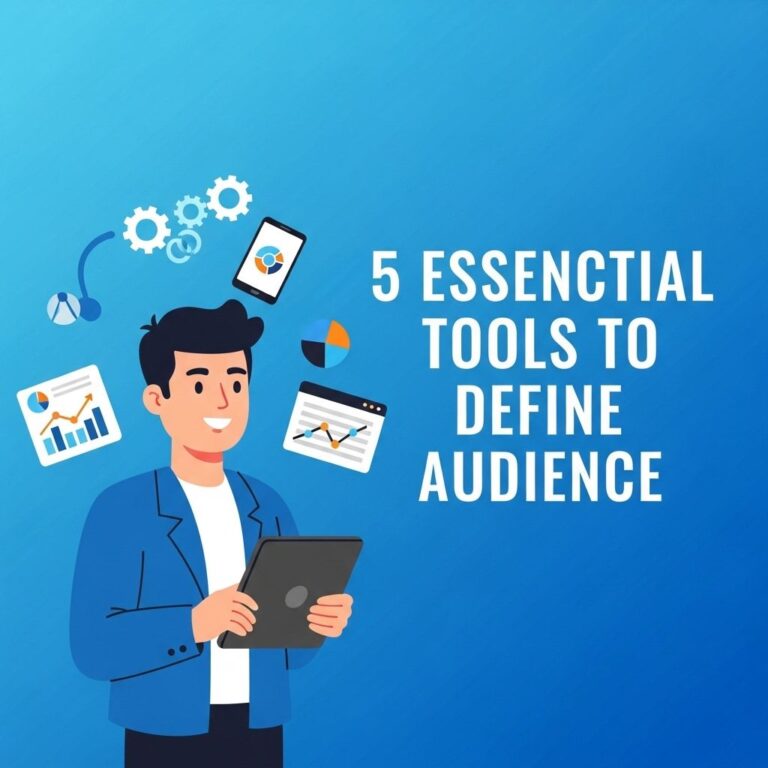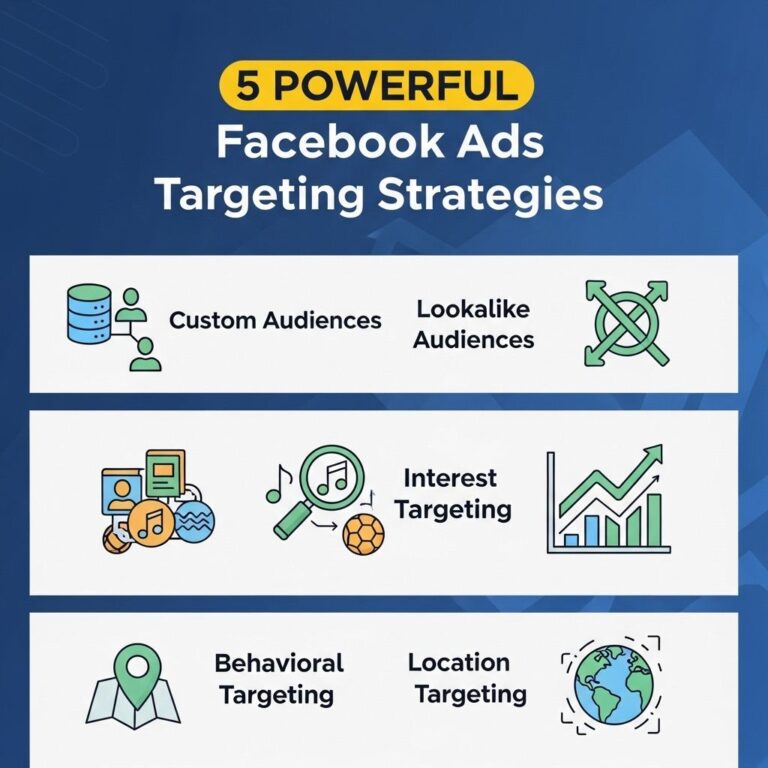Table of Contents
Introduction to Digital Marketing
Digital marketing has become essential for businesses striving to grow and reach a new audience. With technological advancements, marketing strategies have increasingly shifted towards digital platforms, and businesses are looking to enhance their online presence. Understanding the digital landscape and adopting effective strategies is crucial for achieving success. Digital marketing encompasses a variety of channels including search engines, social media, email, and mobile applications, each offering unique opportunities to connect with consumers.
Why Digital Marketing Matters
In today’s business environment, digital marketing represents a significant opportunity for growth. It allows brands to connect with customers on a global scale, engage with them personally, and create long-lasting relationships. Digital marketing levels the playing field for small businesses, enabling them to compete with larger enterprises by leveraging savvy techniques and creative content. Moreover, digital marketing provides measurable outcomes, empowering businesses to track performance, understand consumer behavior, and make data-driven decisions for continuous improvement.
By employing digital marketing strategies, businesses can increase their brand visibility, optimize their customer reach, and improve conversion rates. Whether it is through engaging social media campaigns or finely tuned SEO tactics, digital marketing offers myriad ways to captivate your audience.
Strategies Shared by Industry Gurus
The industry leaders have spoken: to succeed in digital marketing, one must be innovative, strategic, and data-driven. Here are some tips from experts that can help you refine your marketing approach:
- Create High-Quality Content: Focus on creating high-quality, valuable content that engages your audience. Content is still king, and it should be tailored to your target market’s needs and preferences. Consider every piece of content as an opportunity to educate, entertain, and inform your audience.
- SEO Best Practices: Incorporate SEO best practices to ensure your content is discoverable. This includes utilizing relevant keywords, optimizing metadata, and obtaining quality backlinks. Understand the importance of long-tail keywords and how they can drive specific traffic to your site.
- Leverage Social Media: Leverage social media platforms to build an online community. Engage with followers through regular interaction and provide value through informative and entertaining content. By actively participating in conversations and trends, brands can create a dialogue with their audience, fostering loyalty and trust.
- Utilize Data Analytics: Use analytics tools to track and measure your marketing efforts. Understanding consumer behavior through data allows you to optimize your campaigns, personalize communication, and maximize ROI. Tools like Google Analytics, SEMrush, and social media insights can provide valuable information about what’s working and what needs improvement.
- Email Marketing: Don’t underestimate the power of email marketing. By creating targeted email campaigns, businesses can reach customers directly with personalized messages, promotions, and updates. Segment your email lists to ensure you’re sending content that resonates with each subgroup.
The Role of Mobile Marketing
With the increase in smartphone usage, mobile marketing has become a crucial component of digital strategies. Consumers are spending more time on mobile devices searching for products, services, and reviews. Therefore, ensuring that all digital content is mobile-friendly is essential to reach this growing audience. Techniques such as responsive web design, mobile apps, and SMS marketing can enhance customer experiences and boost engagement.
Content Personalization and Customer Engagement
Today’s consumers expect more personalized experiences from the brands they interact with. Personalization involves tailoring content to meet the individual needs and preferences of your audience. By leveraging data and understanding the customer’s journey, businesses can create targeted messaging that resonates and converts. Personalization not only improves customer satisfaction but also boosts brand loyalty and revenue.
FAQ
What is the biggest challenge in digital marketing?
One of the main challenges is keeping up with the rapidly changing landscape. Marketers must continuously learn and adapt to new tools and algorithms to stay ahead. This includes understanding shifts in consumer behavior, staying current with platform updates, and incorporating emerging technologies such as artificial intelligence and machine learning into marketing strategies.
How important is social media in digital marketing?
Social media is critical for brand awareness and engagement. It provides a platform for direct communication with customers and can drive significant traffic and conversions when used effectively. Social media humanizes brands, allowing companies to showcase their personality, share company culture, and build a community of advocates. By using platforms like Instagram, Facebook, LinkedIn, and Twitter strategically, brands can amplify their message and increase their reach.
What role does SEO play in digital marketing?
SEO is fundamental in increasing visibility and driving organic traffic to your website. It enhances your chances of ranking higher on search engine results, bringing you closer to your target audience. Good SEO practices ensure that your content is easily accessible and understood by search engines. Additionally, SEO helps build credibility and trust with your audience by consistently delivering high-quality and relevant content.
What is the future of digital marketing?
The future of digital marketing lies in embracing technology and innovation. As artificial intelligence, voice search, and virtual reality continue to evolve, marketers must adapt their strategies to integrate these technologies. Additionally, as privacy concerns grow, it’s essential for marketers to prioritize ethical practices and transparency. Understanding the importance of data protection while offering exceptional customer experiences will be key.
How does content marketing fit into a digital strategy?
Content marketing is at the heart of a digital strategy. It involves creating and sharing valuable content to attract and retain a clearly defined audience, ultimately driving profitable customer action. By aligning content with customer interests and providing solutions to their problems, businesses can establish authority in their industry and nurture leads effectively through the sales funnel.









